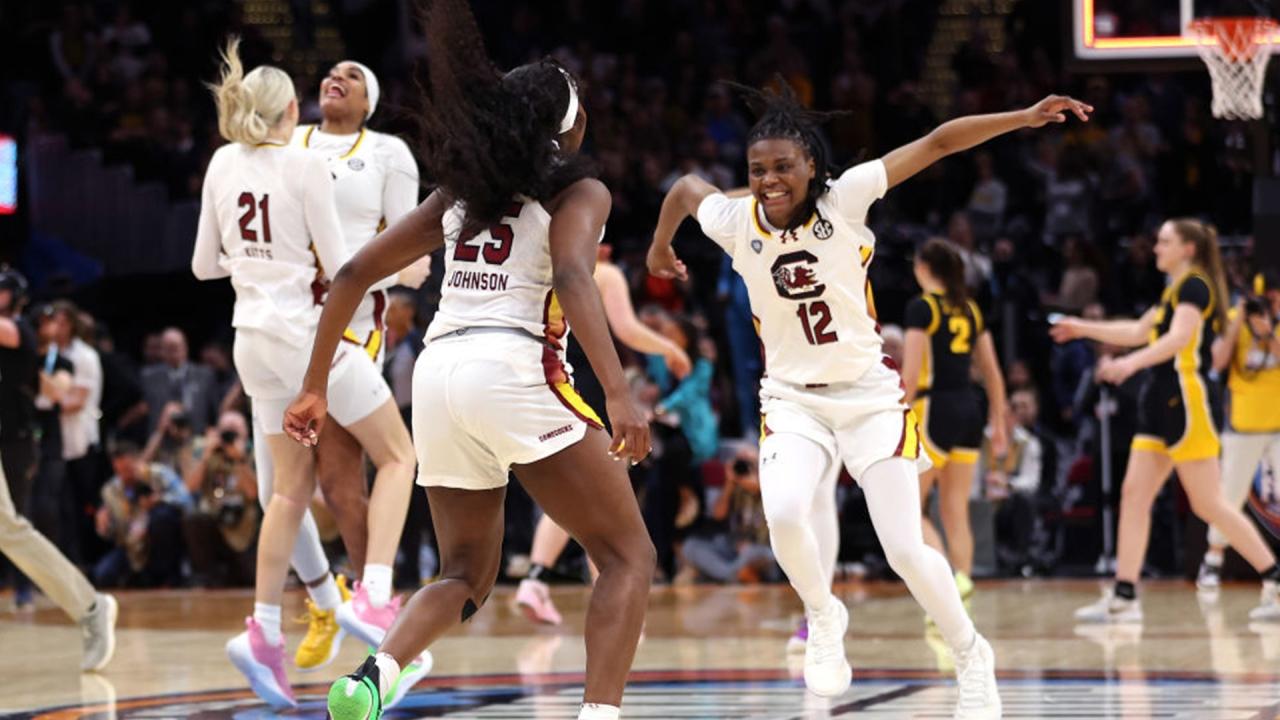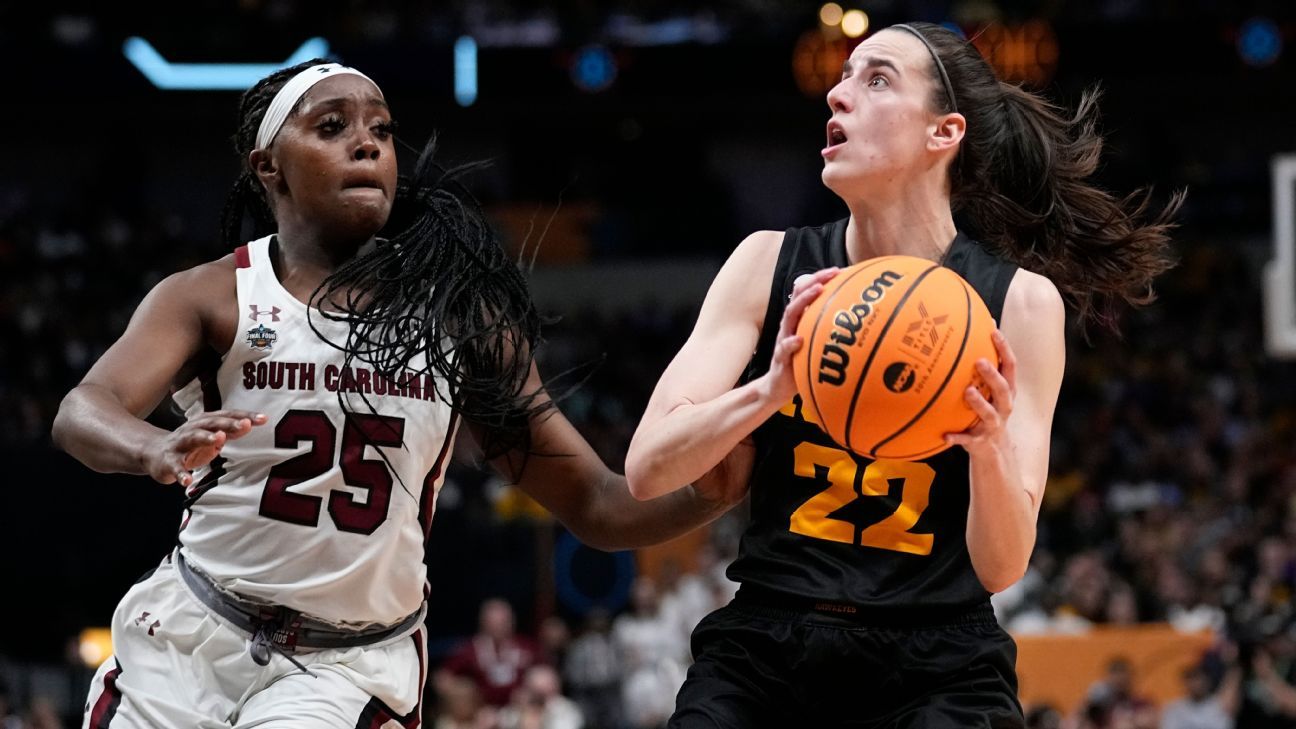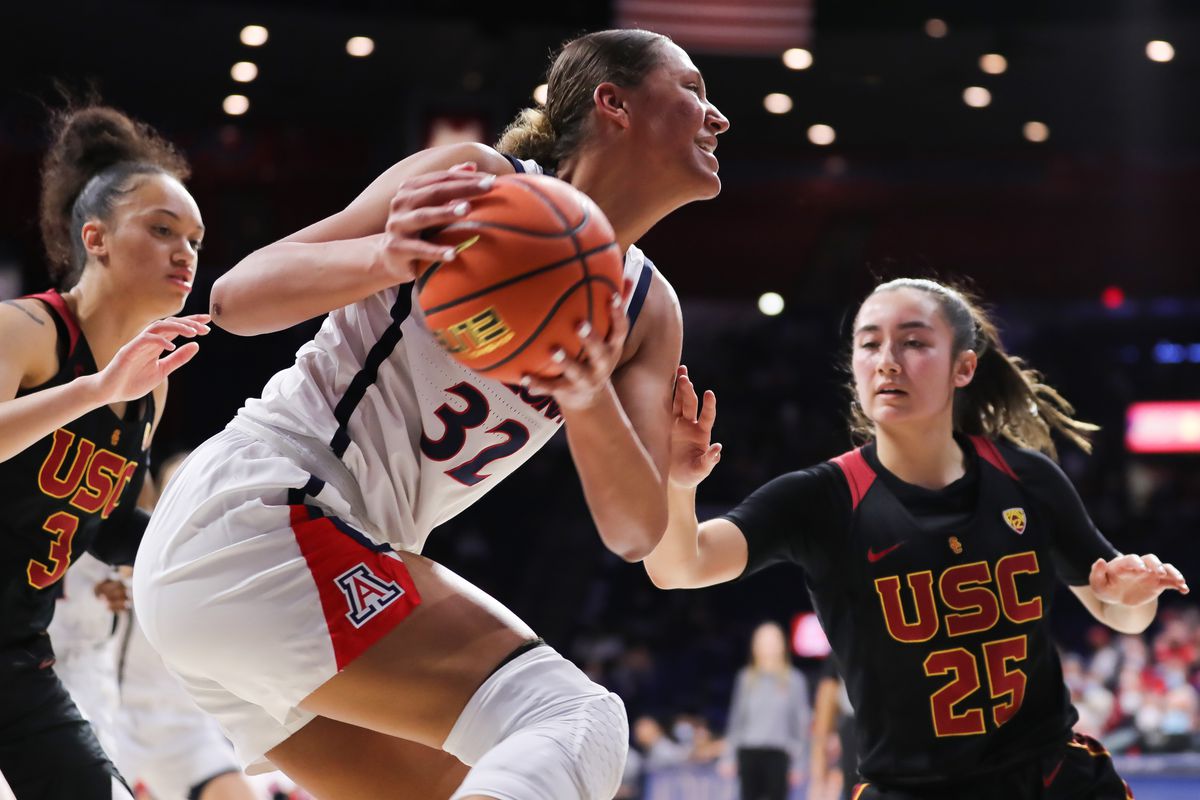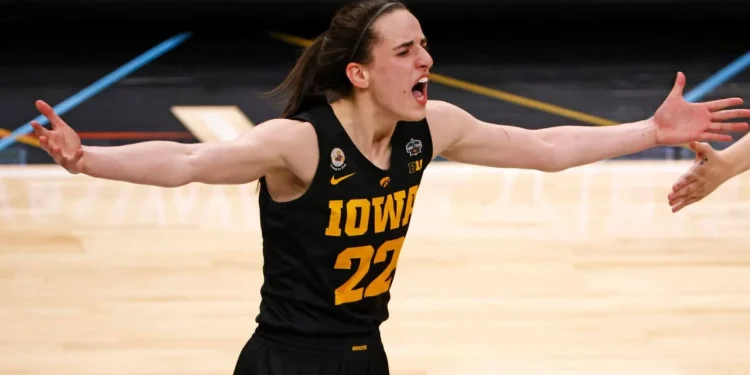A narrative has taken a compelling turn, drawing significant attention to the WNBA, particularly through the lens of rookie sensation Caitlin Clark. The basketball world has long been captivated by the highs and lows of the NBA playoffs, a spectacle of athleticism and strategy that culminates in the much-anticipated finals.
Spotlight on Caitlin Clark: A Game Changer for the WNBA

Caitlin Clark’s entry into the professional arena with the Indiana Fever has been nothing short of dramatic. Despite being a newcomer, her presence on the court has reignited discussions about the treatment of women in sports, both on and off the court.
This attention, although overwhelming for some, has been a pivotal moment for the league. The controversy surrounding her physical encounters during games, notably with Chennedy Carter of the Chicago Sky, underscores a broader narrative about the evolving dynamics of women’s basketball.
Adam Silver, NBA Commissioner, addressed these issues head-on during a press conference prior to the NBA finals. His comments offered a candid look into the intertwined fates of the NBA and WNBA, suggesting that the attention garnered by Clark’s experiences is “very healthy for women’s basketball and the WNBA.”
Silver believes that such visibility is sparking “tremendous additional interest” in the women’s league, which has seen accelerated growth since Clark’s debut.
Balancing Act: Physicality and Fairness in the Game

Silver’s perspective on the physical challenges faced by Clark in the WNBA adds depth to the ongoing discussion about the nature of professional sports. Acknowledging the tough, physical play as part of the “welcome to the league moments,” Silver emphasized the importance of fair treatment and the resilience of players like Clark. He articulated a vision where strong physical games are not just challenges but also catalysts for forming rivalries that enhance the sport’s appeal and spectator involvement.
Caitlin Clark not being on the 2024 Team USA Women’s Basketball Olympic team will go down as being the dumbest decision in Women’s Basketball history.
They have a golden opportunity to elevate the game and bring more eyes to Women’s Basketball but they can’t stand that a White… pic.twitter.com/XeoEGUGI54
— Cinema Shogun (@CinemaShogun) June 8, 2024
Beyond the Court: Addressing Societal Issues Through Sports

The conversation with Silver also ventured into sensitive territory, discussing the role of race in the media and public treatment of Clark. He reaffirmed the NBA’s commitment to allowing players to express their views on societal issues, a policy that became prominently visible when NBA players kneeled during the national anthem in 2020 following George Floyd’s murder.
Silver’s reflection on these matters was forthright: “There are also some larger societal issues at work. There’s no doubt, I don’t want to hide from that.” His openness to addressing racial issues head-on reflects a broader ethos within the NBA and WNBA to use sports as a platform for societal dialogue and change.
The Future Is Now: The NBA and WNBA’s Symbiotic Relationship
The strategic alignment between the NBA and WNBA, with NBA owners holding significant equity in the women’s league, has been a critical factor in its growth. Teams like the Phoenix Mercury, Washington Mystics, and New York Liberty share more than just arena space with their NBA counterparts; they share a vision for the future of basketball that is inclusive and expansive.
As the WNBA continues to grow, propelled by stars like Caitlin Clark and the seasoned guidance of figures like NBA Commissioner Adam Silver, the leagues stand at a pivotal moment. The ongoing saga surrounding Caitlin Clark is not just about a rookie navigating the challenges of professional sports; it’s about the evolution of basketball as a whole and its potential to transcend the court and influence broader societal conversations.
In a season where the spotlight has broadened from the NBA finals to include the vibrant narratives within the WNBA, the saga of Caitlin Clark serves as a reminder of the dynamic and transformative power of sports. It’s a narrative that not only captivates but also challenges us to reflect on the values we champion in our heroes, on and off the court.
Source: The Street









